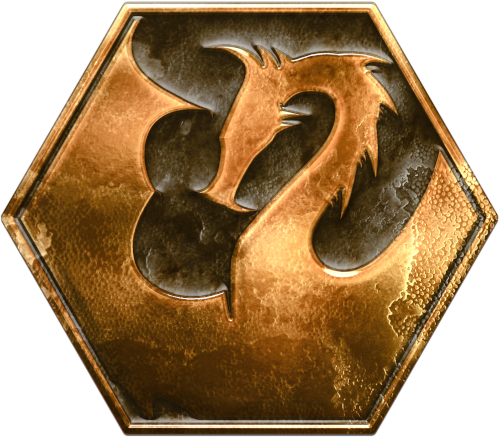Countdown dice pools are a mechanic which I initially used in my game
What's OLD is NEW, and later included in
Level Up: Advanced 5E. It's a mechanic which can be used in any game system as long as that system uses (a) dice and (b) turns or rounds. With a heist-themed anthology on the horizon, countdown dice pools could be a useful trick to add tension to encounters or scenes. I've used these in most every game I've run in the last decade or so.
A countdown dice pool is used when there is a time limit on an event, but you (including the DM/GM!) don't know when that time will run out. A ticking bomb, the time until the guard rounds the corner, a dungeon collapsing as you try to escape it--anything where the expiry time is unknown.
Here's how it works: you form a dice pool of d6s. The size of the dice pool can vary. Each round you roll the dice pool, and remove any 6s. When the dice pool is depleted, the countdown ends -- the bomb goes off, the guard comes round the corner, the dungeon collapses.
It's super simple and is great at adding tension to the game. You can even mess with the pool: change the time interval to minutes, hours, even days or more; or certain actions might add dice or remove dice, speeding up or slowing down the timer. Maybe you're trying to disable a trap before it goes off, and you fail a check, cutting the wrong wire, which removes a die from the pool immediately! Or perhaps your pool represents a disease, rolling daily rather than each round, with dire outcomes when the pool reaches zero dice, and an excellent medicine check adds dice to the pool while time depletes it.
A countdown takes place when there is an unknown time limit before something occurs. It is used in the following situations: Death. An unconscious character uses the countdown mechanic as he slips towards death. Illness. Disease and illness use the countdown mechanic as symptoms worsen. Drowning

www.woinrules.com

a5e.tools



